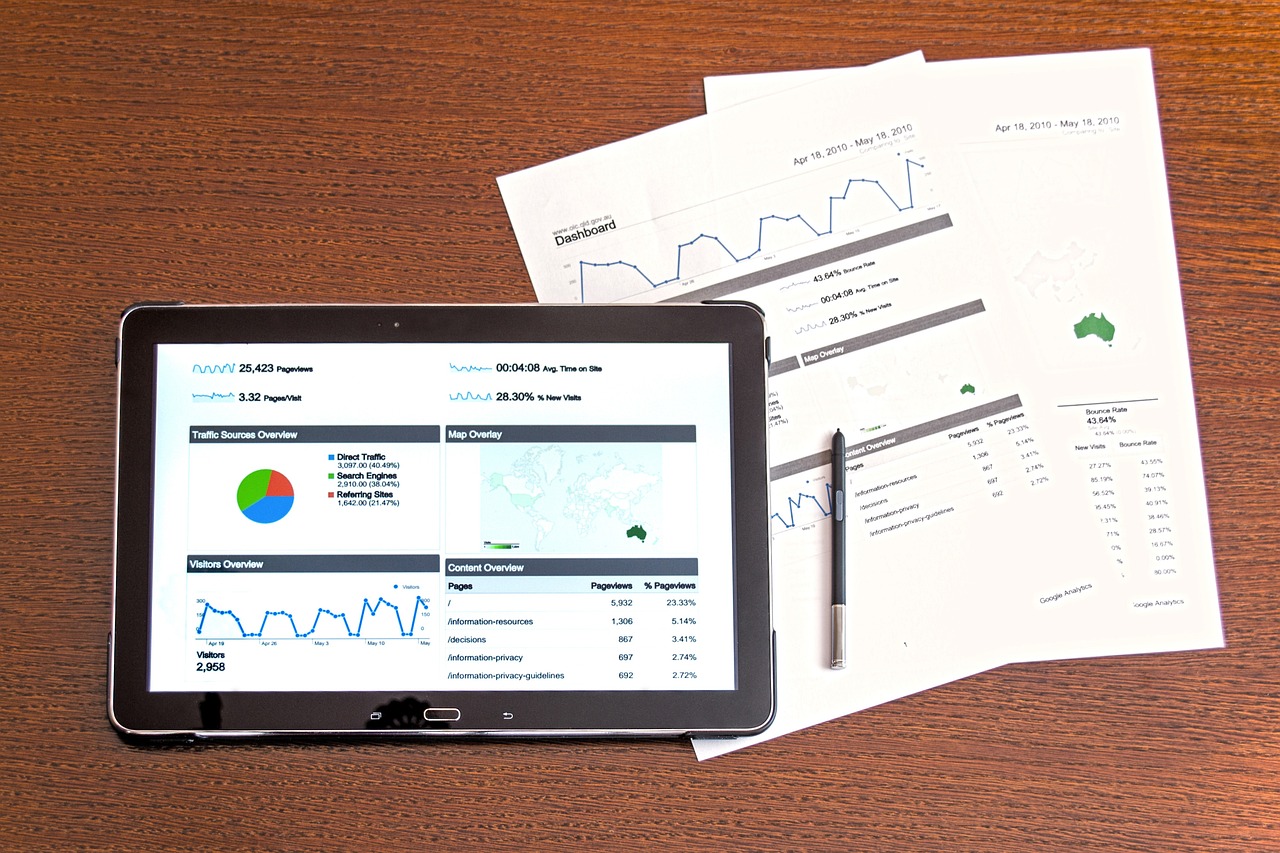The latest update to sessions in Google Analytics has caused a little bit of a stir in our quiet and humble world of SEO.
Just when we thought the storms had subsided post Panda, we’re hit with another big wave. This time, it’s a small change in Google Analytics, but it seems to have affected some of our clients’ data in a big way.
If you think you’ve gained a huge increase in traffic overnight, think again. Your visitor numbers haven’t changed, but the data has.
Sessions Update to Cause 1% Change?
Google’s pre-launch research revealed that we could expect a 1% change after the sessions update rolled out on 11th August 2022, but many of our clients have seen significant shifts in data and a noticeable alteration in how data is recorded through Analytics. Some of the patterns we have noticed here at WMG have well exceeded the 1% prediction made by Google, and we wonder just how many others out there are experiencing the same issues.
So exactly what has changed? Previously, Google Analytics ended a session when the following applied:
• More than 30 minutes have elapsed between pageviews for a single visitor.
• At the end of a day.
• When a visitor closes their browser.
There is now a change in when sessions is ended:
• More than 30 minutes have elapsed between pageviews for a single visitor.
• At the end of a day.
• When any traffic source value for the user changes. Traffic source information includes: utm_source, utm_medium, utm_term, utm_content, utm_id, utm_campaign, and gclid.
Why Has this Caused Such a Difference in Traffic?
So if a web user was to land on the same website several times in one browser session, this would now be counted as several clicks as well as several recorded visits. In the old model, Google Analytics would have valued it as several clicks, but only one visit. So this is why some web owners may be seeing vast increases in traffic.
“We think this update will lead to a clearer understanding of website interactions.” – Google Analytics Blog
So What Differences will Occur in Analytics Data?
This change will only affect information pulled from August 11th onwards. Anything before (so all historic data) will be computed in the old way. This means that benchmarking can become extremely difficult; without the ability to make direct comparisons from previous months, measuring success could appear distorted.
From what we’ve seen so far at WMG, we are preparing ourselves for potential data changes including increased traffic, improved visibility of converting phrases, increased bounce rate, decreased time-on-site, and lower conversion rate. These are just a few predicted distortions which could change our report information – but the main thing to remember is that this is just an adaptation in data recording. The fundamentals remain the same and this won’t affect your revenue.



